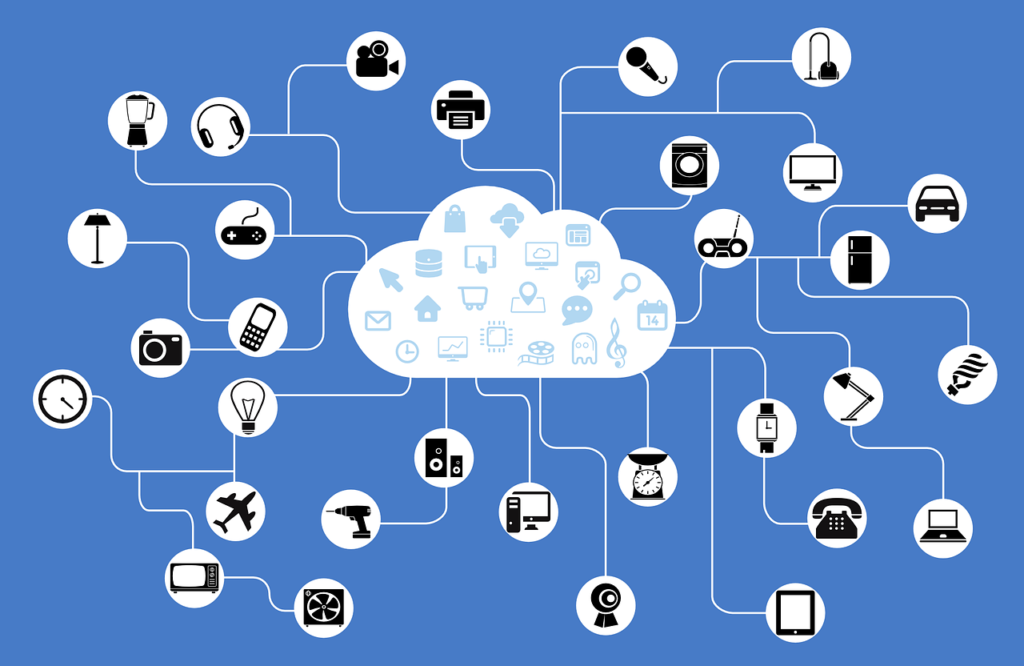
The main questions about the Internet of Things
What is Industrial IoT?
Industrial IoT (IIoT) is a technology that uses smart devices in various industries to enhance business efficiencies, predict machine failures, and optimize fuel consumption, thereby reducing costs and increasing revenue streams. For example, IoT applications can predict machine failure before it happens, reducing production downtime.
Is IoT a WiFi?
Internet of Things employs a range of connectivity technologies, including WiFi, Bluetooth, cellular, Zigbee, and LoRaWAN.
Can IoT work without the Internet?
IoT devices, such as those in homes or factories, communicate within networks without the internet, using non-IP buses like ZigBee. These devices (mostly the small sensors) are vulnerable to hacking and may be in remote areas without an internet connection. Internet of Things is valuable even without the internet, as it uses internet-like technology to connect devices.
Is IoT a part of AI?
AI learns patterns and behaviours, while Internet of Things focuses on sensor data collection.
How does the issue of cybersecurity relate to IoT?
Cybersecurity is critical in the IoT since a single threat or attack may interrupt the network or, worse, grant a cybercriminal full access to the whole system. The Internet of Things stores incredibly sensitive information in areas such as defense and military activities.
How does 5G technology enhance the Internet of Things?
The significantly improved network capacity of 5G will enable dependable connections for the growing number of devices connected at the same time and their various usage patterns. 5G may deliver simultaneous connectivity to up to one million connections per square kilometer.
How are DDoS attacks related to IoT?
Distributed denial of service (DDoS) attacks are carried out using networks of Internet-connected computers. These networks are made up of malware-infected PCs and other devices (such as IoT devices), which an attacker may remotely handle.
Why is it called the Internet of Things?
Kevin Ashton created the term “Internet of Things” in 1999 while working at Procter & Gamble. Ashton, who worked in supply chain optimization, searched for ways to bring top management’s attention to a new captivating technology called RFID. Because the internet was the biggest new technology in 1999 and it made sense, he titled his presentation “Internet of Things”.
Can you use Ubuntu on IoT?
IoT vendors rely on Ubuntu to power their devices, which range from drones and robots to edge gateways and development boards. Ubuntu Core for 32- and 64-bit ARM and X86 systems provides bulletproof security, dependable updates, and access to a vast ecosystem.
What is IoT Cloud Computing?
IoT cloud computing is essentially the use of online services to manage and analyze data gathered by IoT devices. As more gadgets connect to the internet, the requirement for computer tools to gather and read data, or commands, grows exponentially.
IoT cloud computing also allows businesses to have real-time visibility into their operations by collecting, processing, and analyzing data from linked devices. This real-time intelligence enables firms to monitor performance indicators, evaluate asset use, and quickly detect operational inefficiencies.
What is the main difference between IoT and the Web of Things?
WoT introduces a layer of abstraction that simplifies the interaction with devices. It allows developers to create applications that treat devices as web services, using familiar web standards, while IoT primarily focuses on the physical connectivity and data exchange between devices.
IoT primarily focuses on data collection and device communication, WoT ensures device interoperability and access to the web.
Is IoT a good career?
The IoT sector connects physical items with embedded technology, enabling data exchange via communication networks like the internet.
A bachelor’s degree in computer science, electrical engineering, or mechanical engineering is required to teach programming, circuit design, and system integration.
This field offers promising career prospects due to the rapid increase in demand for trained personnel in various sectors.
